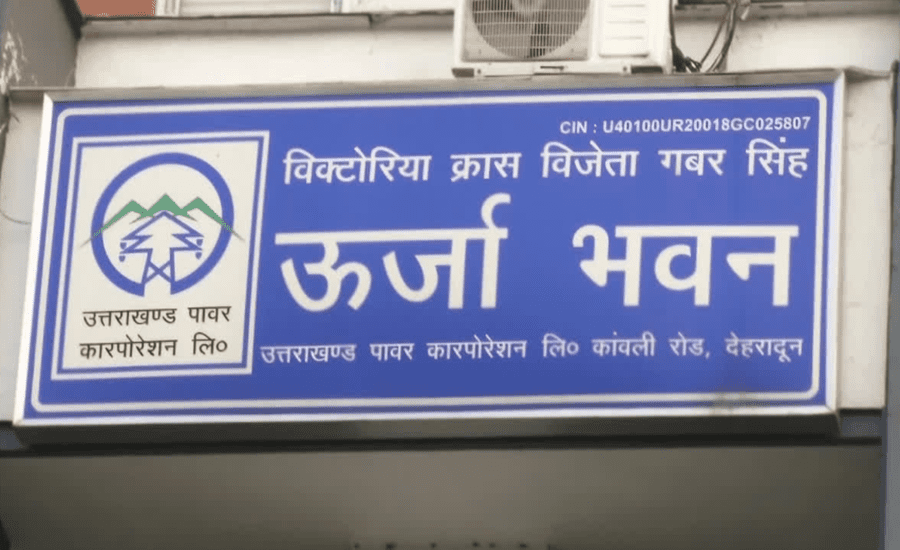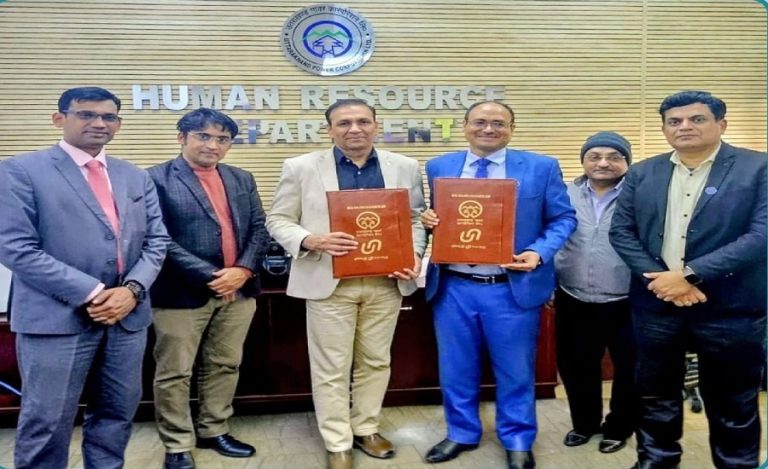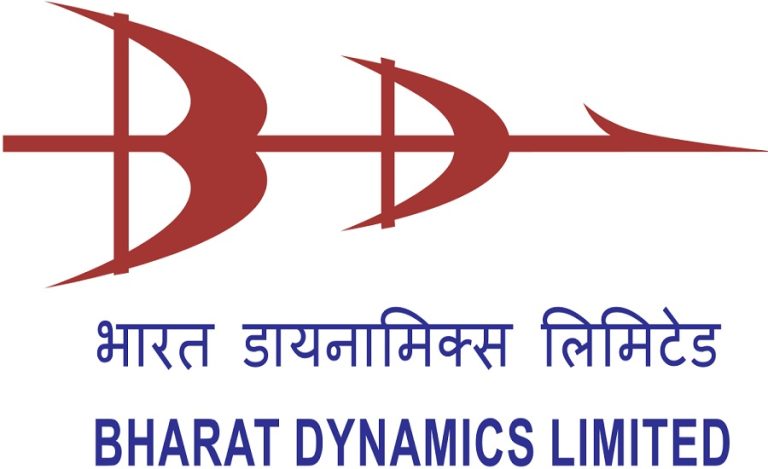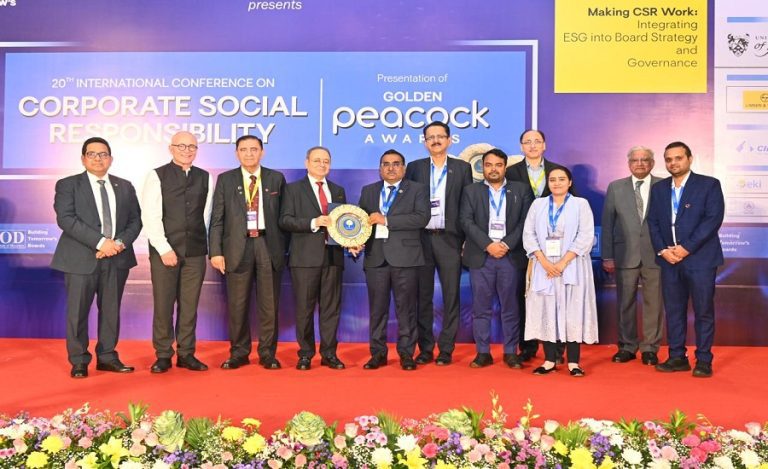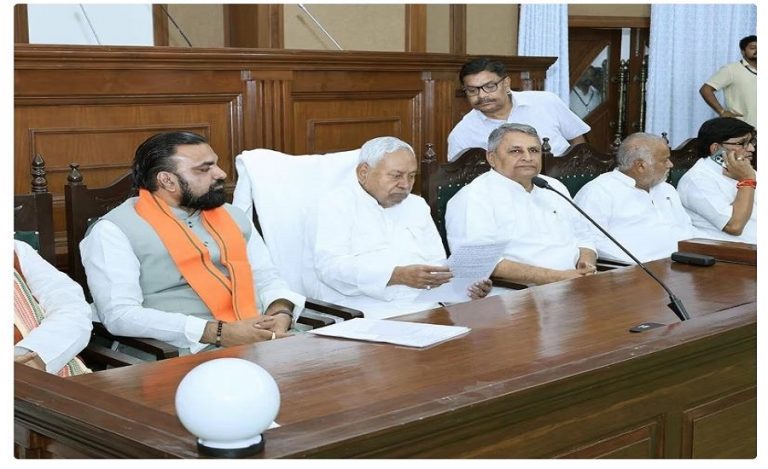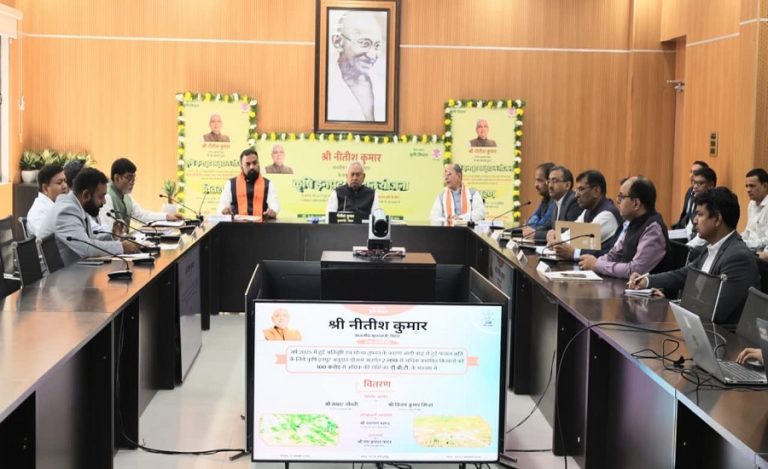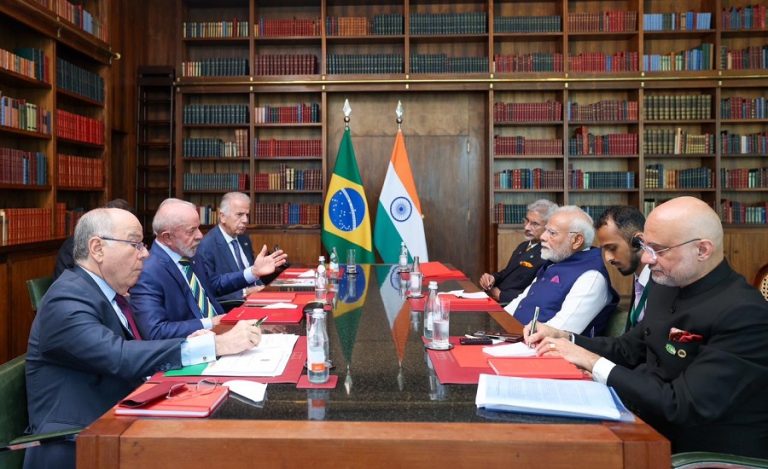In a landmark move, the Uttarakhand government has approved its first-ever Geothermal Energy Policy 2025, setting the stage for tapping clean and renewable energy from the state’s high-altitude geothermal springs. The decision was approved by the Cabinet on Wednesday, July 9, and follows the signing of an MoU with Iceland’s Varkis Company earlier this year on January 17, focusing on geothermal exploration.
Also Read: Govt to Auction Rs25,000 Crore in Government Securities on July 11; RBI Opens Underwriting Bids
Objective and Scope
The policy seeks to identify viable geothermal resources, evaluate their energy potential, and promote scientific research. With 40 known geothermal springs in the Himalayan region, the policy positions Uttarakhand as a potential leader in sustainable energy production through natural geothermal sources.
It outlines plans to use geothermal energy for power generation, heating and cooling systems, water treatment, and community development, contributing to both energy security and carbon emission reduction.
Key Implementation Agencies
The Department of Energy, Uttarakhand Renewable Energy Development Agency (UREDA), and UJVNL will act as nodal bodies for project planning, allocation, and approvals. A dedicated R&D centre will be set up to conduct exploration and feasibility studies.
Project Allocation and Incentives
Projects will be allocated to CPSUs/SPSUs on a nomination basis, while private companies will compete through bidding and EOI processes. Developers must submit a DPR within one year of land allotment.
- 50% of land will be allocated for 30 years; remaining land leased at government rates.
- Financial aid of up to 50% for exploration and survey work.
- Single-window clearance within eight weeks.
- Electricity royalties and local area development fund charges will be waived.
Operational Guidelines and Monitoring
- Projects must begin operations within four years of approval.
- Each project will run for 30 years, with inspections at the 10th, 15th, 20th, and final years.
- The state may purchase up to 80% of energy generated, priced by UERC.
- Developers must bear the cost of connecting to the transmission network.
- Prior approval is required for any project ownership transfer.
Regulatory Framework and Dispute Resolution
All projects must adhere to central and state laws, with the state government’s decision deemed final in case of disputes. Stakeholder hearings will be ensured wherever applicable.
A Green Energy Milestone
The Geothermal Energy Policy 2025 marks a bold step in Chief Minister Pushkar Singh Dhami’s clean energy vision, aiming to unlock the immense natural energy potential of the Himalayas while fostering economic growth, environmental sustainability, and technological innovation in Uttarakhand.

